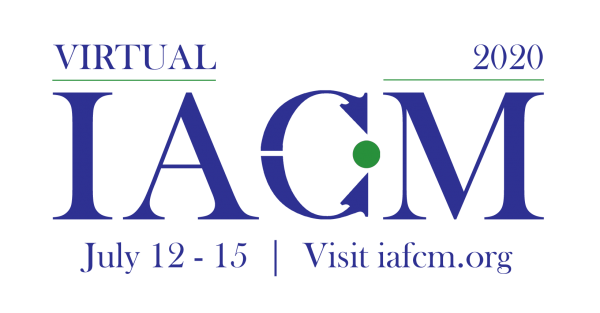Full Program »
Reciprocity in communication: Theoretical advancements and practical insights for handling conflict and enhancing trust
This symposium demonstrates that the drive to reciprocate (and to receive reciprocation) plays a central role in communication because of its turn-taking nature. Four talks open up discussion about the variety and richness of psychological and practical insights that can be gleaned from applying the concept of reciprocity to the study of choices within and around communication exchanges. These papers capture empirical evidence about how and when turn-by-turn reciprocity occurs within conversations and how it can reroute the dynamics of the conversation. We demonstrate the impact of these dynamics on interpersonal consequences such as trust, perceived common ground, occurrence of apologies, and negotiation outcomes. We find that it is not just the occurrence of reciprocity that matters but also interlocuters’ expectations about reciprocity from the other person (e.g., reciprocal apologies) as well as the co-occurrence with reciprocity in behavior (e.g., in negotiation offer patterns). All four papers yield practical insights about strategies that can be used to build trust, have more productive conversations in the face of disagreement, and resolve conflicts. The substance of these papers is elevated by a wide range of methods and approaches from field experiments inspired by improvisational theater, to natural language processing (NLP) of conversation texts, to game theoretic models of sequential behavior.
